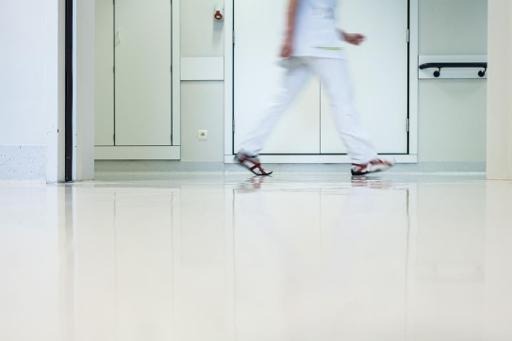The federal Health Care Expertise Centre (KCE) has favourably assessed the extension of the Human Papillomavirus (HPV) vaccine to boys, the centre indicated in a report published on Thursday. This backs up a decision by the Wallonia-Brussels Federation, FWB, to administer the vaccine to both boys and girls from September this year. The Federation’s parliament had approved a resolution in November last on extending the vaccine to all pre-adolescents.
HPV vaccination programmes for girls aged 12 to 14 years have been run in the Flemish Community since 2010 and in the FWB since 2011. These programmes were mounted following a 2007 recommendation by the Conseil supérieur de la Santé (CSS), Belgium’s national health council. They have been highly successful in Flanders, where vaccine coverage is 91% (2016), but have met with more reticence in French-speaking Belgium, where only 36% to 50% of girls are vaccinated (2017).
In 2017, the CSS recommended including boys in the vaccination programme and tasked the KCE with doing an economic analysis of such a move to determine its cost-effectiveness.
“This study shows that the three vaccines available on the market (Cervarix, Gardasil and Gardasil 9) are effective in preventing most of the precancerous lesions linked to HPV,” the KCE reported. The cost-effectiveness of vaccination is all the greater since coverage among girls is low, it explained.
Expanding the programme also favours gender equity, according to the KCE. “Providing the vaccine to girls puts boys at a disadvantage since the increase in cancers linked to HPV among men is a reality today,” the Centre noted.
There are about 100 types of HPV, some of which can lead to infections (particularly warts) on the genital organs, anus or throat. These infections can evolve into cancers of the uterus, vulva, vagina, anus, mouth and throat.
The virus is transmitted through sexual relations or intimate caresses. To be most effective, the vaccine should be administered before the first sexual relations.
The Brussels Times

